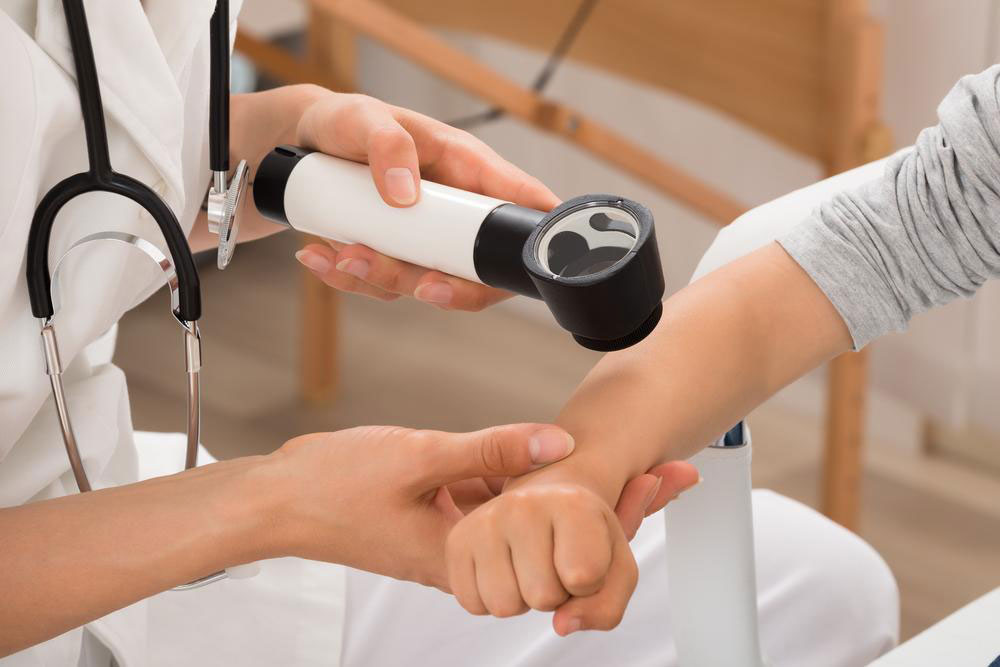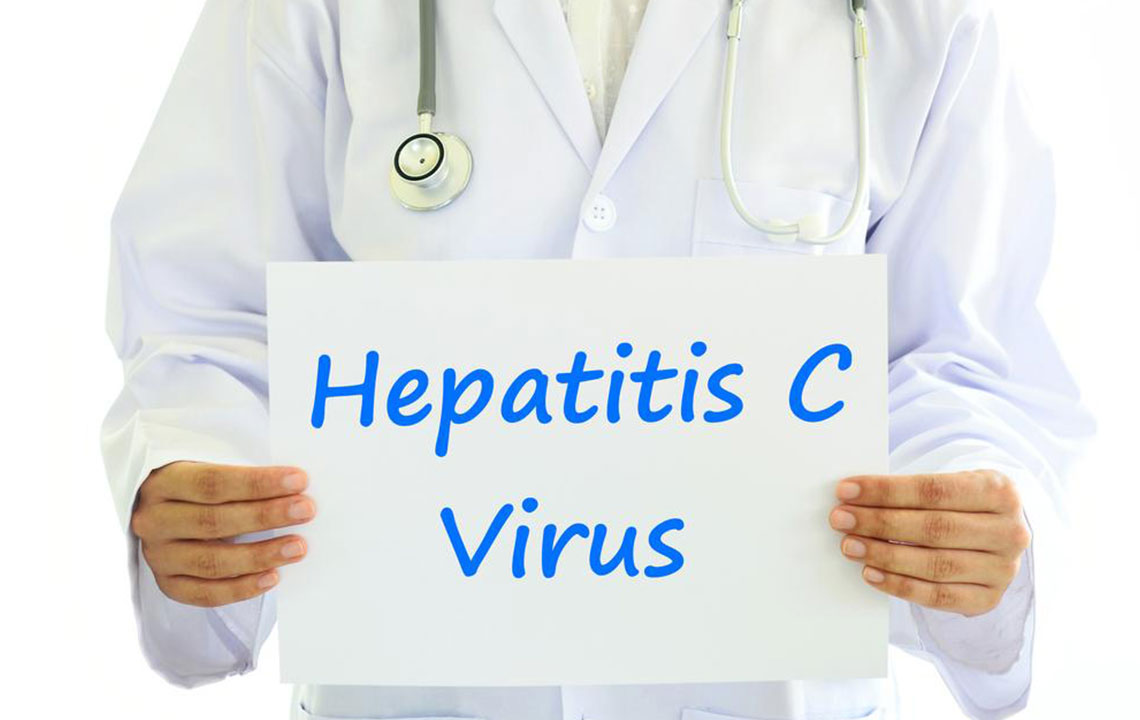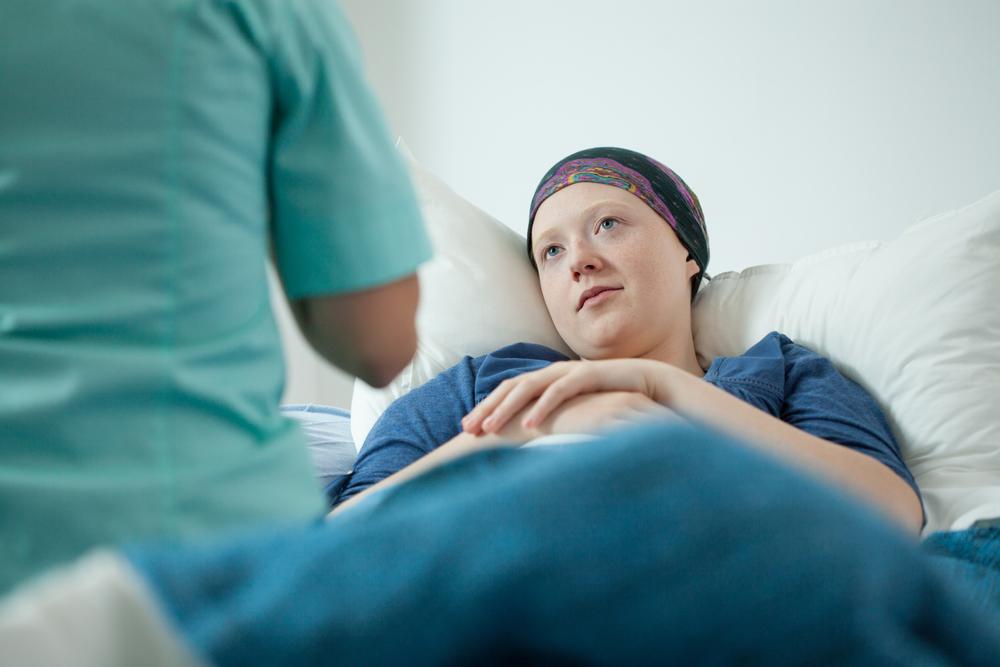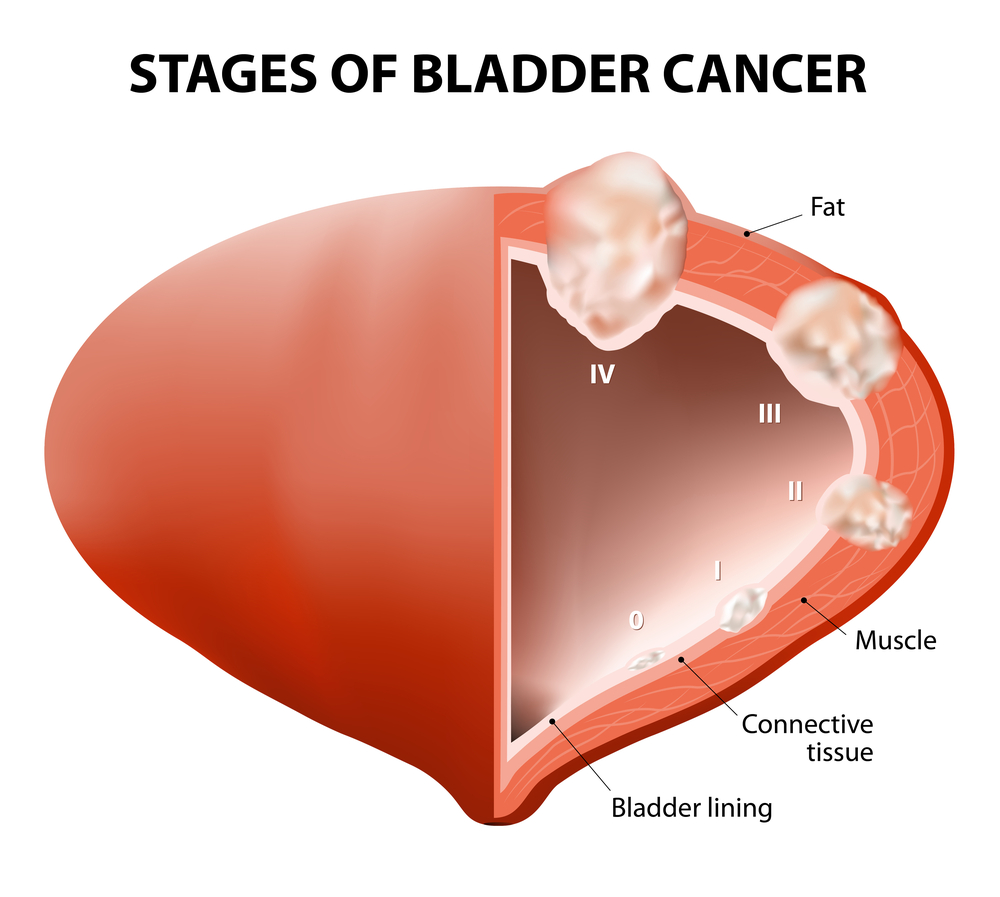Understanding Psoriasis: Risks, Symptoms, and Management
Psoriasis affects millions worldwide, causing skin and nail symptoms due to immune system dysfunction. Key risk factors include lifestyle, genetics, and environmental triggers. Although there is no cure, managing symptoms through lifestyle and medical guidance can improve quality of life. Understanding the disease helps in early detection and effective treatment. Proper care and consultation with healthcare professionals are essential for controlling flare-ups and minimizing discomfort.
Sponsored

Psoriasis is a long-term skin disorder affecting about 2.5% of Americans, with an estimated 225 million people worldwide experiencing this condition.
What Is Psoriasis?
This common skin ailment disrupts the skin's renewal process, leading to painful and visible symptoms. It tends to recur repeatedly and cannot be completely cured.
● Nail Psoriasis: Causes abnormal nail growth and often results in crumbling nails on fingers and toes.
● Plaque Psoriasis: The most prevalent type, characterized by dry, red patches covered with silvery scales, with symptoms intensifying over time.
Causes
While the exact cause remains unidentified, research suggests psoriasis involves immune system dysfunction, particularly affecting white blood cells like neutrophils and T cells. These immune cells mistakenly attack healthy skin cells, causing symptoms.
Risk Factors
Since the root cause is unknown, risk factors are based on observed cases:
● Smoking
● Excessive alcohol intake
● Stress and work pressure
● Skin infections
● Vitamin D deficiency
● Sunburn
● Genetic predisposition
● Racial factors
● Obesity
● Unhealthy diet
● Lithium-containing medications
● Certain medications for bipolar disorder and malaria
Symptoms
Symptoms vary but commonly include:
● Joint stiffness
● Red, inflamed skin patches
● Cracked, dry skin that may bleed
● Scaly spots, especially in children
● Thickened, ridged nails
● Itching, soreness, and burning sensations
Experts recommend consulting a dermatologist before self-medicating. Maintaining a healthy diet and avoiding harmful habits can help manage the condition. As no definitive cure exists, lifestyle adjustments are essential, states Stanford Health Care and Mayo Clinic.






